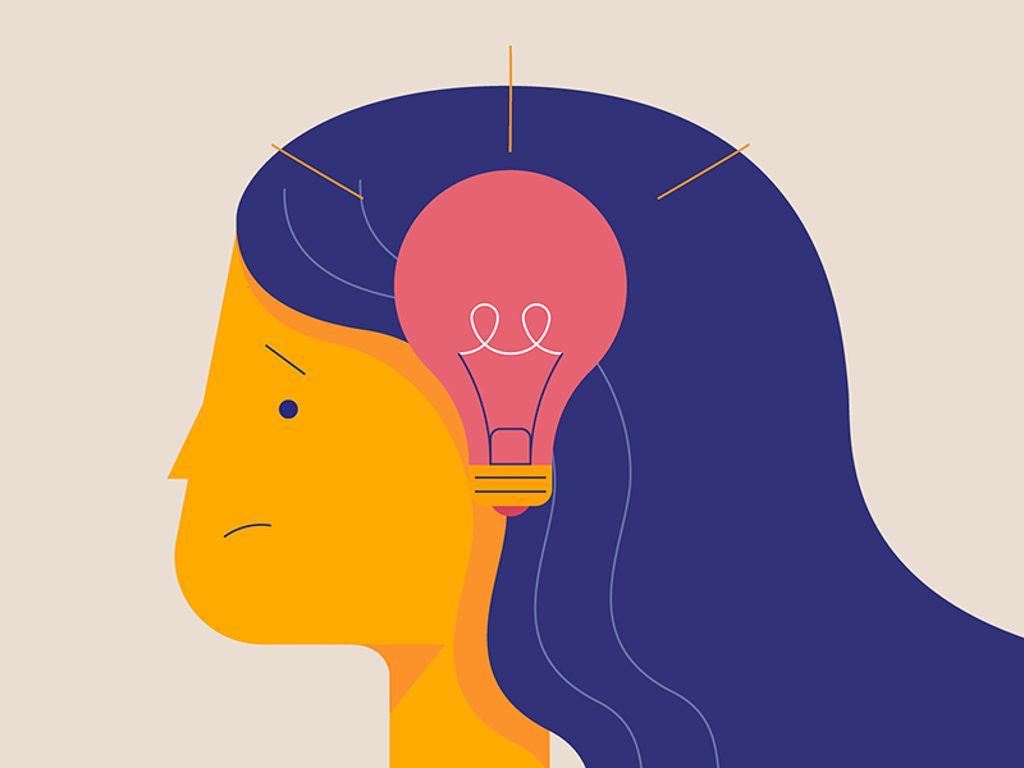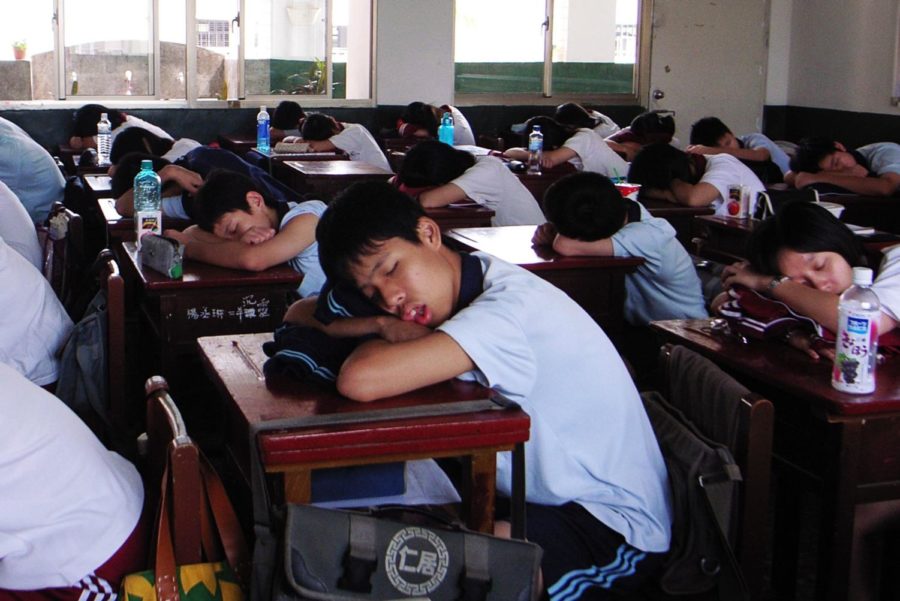Often adults like to say that teens and young adults these days are, “hard to negotiate” with and “divided”. How did they end up this way at such a young age? The answer is the upbringing of Gen Z.
Oftentimes, older generations like to blame Gen Z for the way we act. When we look at the world, parenting trends, new tech, and what these kids see, all play a major role. The media then uses the behavior this creates to make Gen Z look bad. This is important because how the media depicts a generation can impact people’s views.
Faced with the extremes
In the past years, politics have caused a generational divide. This especially affected the parents of Gen Z. Many parents talk about their opinions since they are angry and hurt. This causes their children to agree without looking into the topic at all. This then gives them a bias towards one side or another. This causes a divide within a generation starting from even before adolescence. Most political news Gen Z receives only looks at the extremes.
PhD, and psychology counseling professor, Tania Israel, says: “Most people are not on the extremes of any of these issues, but most of what we hear is from people who are more on the extremes.”
You could argue that kids need education on these topics so it’s not a big deal, but that’s false. It only causes tensions to rise in teens. When the kids face false or exaggerated information, it gets worse.
Why can no one win?
Many members of GenZ are either too open-minded or not open-minded enough. This causes there to be a back-and-forth between both parties. For example, at our own Junior High 2 years ago, students began fighting. They would either bring pride or Trump/U.S. flags during June. These students didn’t take the time to understand each other and why they think the way they do. Fights broke out around the whole school proving that nobody wins when there is division at such a young age. Most people in Gen Z are not willing to accept or learn about different perspectives. They surround themselves only with people with the same opinions as them.
Sultan Majed Al-Ali, at Pir Center, says, “…Gen Z, who have been characterized as a “solidarity generation” because of their inclination to join with like-minded people who share their values and ideals..”
People would argue that it’s good to debate over different opinions so people can grow. In reality, when it is causing such extreme hatred and division at a young age, that’s not good. It could help people to grow and learn, but, Gen Z doesn’t attempt to accept any other opinion due to influences.
“Trendy” Parenting Styles
Gen Z struggles to make many decisions and adapt to new environments. Much of this is due to new parenting among millennials and Gen X. The most common form of this style is “gentle parenting”. This parenting style is common to improve mental health. On the downside, it does cause a severe lack of independence and entitlement as they get older. This style allows the child to be able to say “no” to whatever they want and rarely give a punishment. I have seen many kids who grew up this way and they now think they can do that in the real world when they can’t.
PhD, Dan Peters points out, “There’s the potential for parents to be too permissive and not set appropriate boundaries and expectations for behavior. Additional potential problems include indulging a child’s emotions and behavior without guiding and teaching..”
Skeptics often argue that kids can mature past their parent’s techniques. If you think about it, The upbringing of kids sticks with them their whole life. Most, if not all people show parts of how they grew up.
Social Media
The effect social media has on Gen Z is undeniable. It ramps up and glorifies drama which further tears teens apart from eachother. Gen Z spends so much time scrolling and sharing on the internet. What was first invented as a way to communicate and spread joy has also become an outlet for hate. Gen Z has become dependent on media outlets. You can still use them to build bonds, but you can also tear them apart.
Eleanor at Social Barrel states, “Many members of Gen Z have been on social media since middle school. Their friend groups and social networks are all rooted in social media sites. This creates a dependence on social media for any kind of social connection. Anyone who is not online is effectively isolated.”
Others might argue that social media has helped bring Gen Z together. While social media can share for good, it can also share negative and hateful content.
What does it mean?
Gen Z is going to influence great change and help contribute to society. It doesn’t come without the hateful side effects this generation is already carrying.
People often say this is due to our own choices. If you look closer, you will see that Gen Z wasn’t born into the hateful ways media shapes us up to be.







